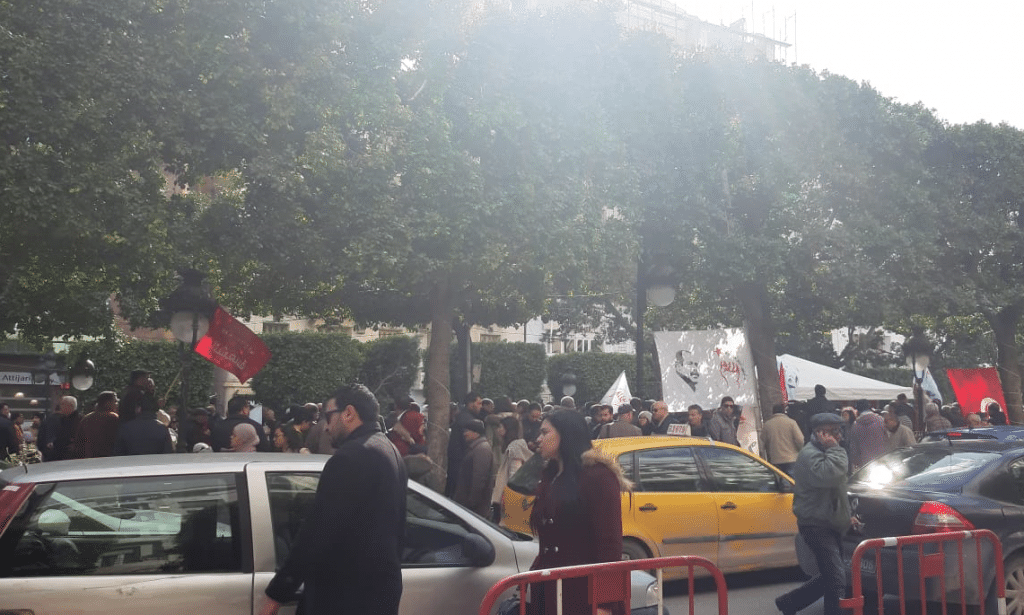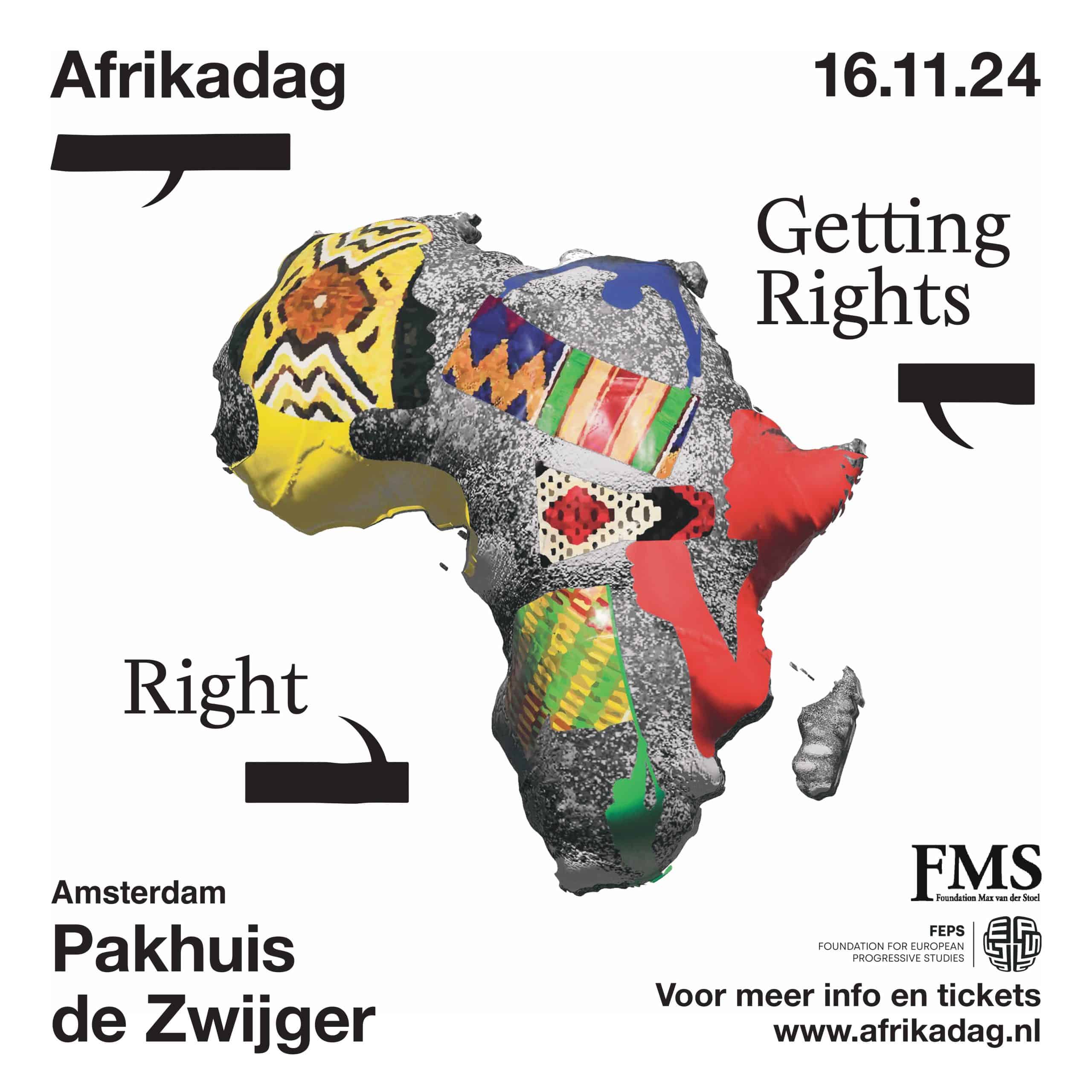A surprise move in Algeria two weeks ago. On Monday 11 March, 82-year old president Abdelaziz Bouteflika announced that he would not seek a fifth term. At the same time, he cancelled the elections which would take place on 18 April. Citizens in Algeria have protested his candidacy since February. Bouteflika is rarely seen in public since suffering a stroke in 2013. Some commentators link the recent protests in Algeria with the Arab Spring protests of 2011. It is not surprising then, that there exists fear of increasing numbers of Algerian migrants wanting to flee towards Europe.
But will this happen? An interesting article from last week by Matthew Herbert and Sofian Philip Naceur claims the opposite: “While the protest movement is unlikely to drive migration, there is a deep connection between the factors driving young Algerians into the streets and onto migrant boats”. Can these protests be that turning point?
‘La mal vie’
What Herbert and Naceur claim is that the drivers for migration are more or less the same as the frustrations felt by the people protesting. ‘La mal vie’, the bad life, describes this sentiment for many Algerians. It is influenced by the high unemployment rates, and underemployment where jobs do not pay enough to earn a living. But also the “sense that the youth are a blocked generation”, because important life steps of having your own house and getting married are put off. These kind of frustrations, ‘la mal vie’, underlie the current protests in Algeria.
Last month, I was in Tunisia to research migration motives. These sentiments of ‘la mal vie’, is also what I’ve seen and heard in Tunisia. The youth would like to leave, because they don’t see their future in Tunisia. However, also regarding migration from Tunisia, the profile of ’the migrant’ has changed. Like in Algeria, first (right after the revolution in 2011) it were mainly young men, with limited education. Now, migrant groups are more and more mixed, including women, families with (young) children and educated youth.
Political involvement of youth
One big frustration I’ve heard multiple times in Tunisia is that the revolution was not a real revolution, but more like an uprising. Ben Ali is gone, but that’s all, according to some. This is especially frustrating for the youth, who were at the forefront of the protests. Afterwards, they did not get included in the national political process, and still, it is very hard for them to get involved. This adds to the frustrations and feeling that for them there is no good future in the country.
This is what Herbert and Naceur also point out. “Rather than seeing protests as a risk, Europe’s migration hawks should see them as working in their favour.” The protests may be a first step for frustrated youth to really be part of building their country. To be a real part of the future, so that they can also have a good future. As a protest sign said: “We will not flee to Europe on death-trap boats, we will not burn our mothers’ hearts with grief, we will not be eaten by fishes, we will rebuild Algeria.”
The question then remains: how can real change be achieved, in Algeria and Tunisia? How do we get a situation where the youth has a chance to impact the future of their country? There need to be ‘real’ jobs for them, they should be represented in the media, and above all, really be part of the local and national political processes. Involve the youth and support them: take them seriously. As protests in Tunisia and Algeria show, they are interested and committed to make change in their countries happen! If people, especially the youth, have real future perspectives, they will have much less tendency to go to Europe.
By Anne van der Meer





